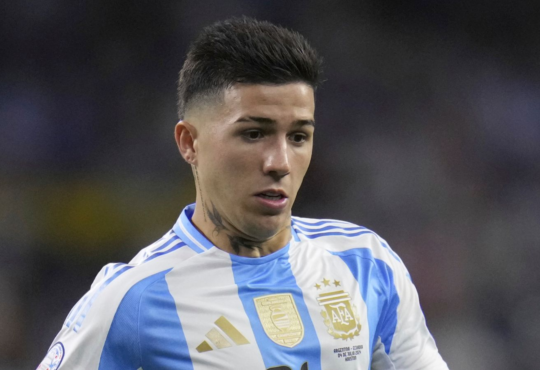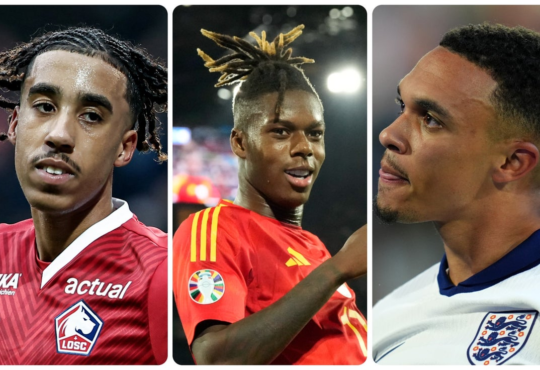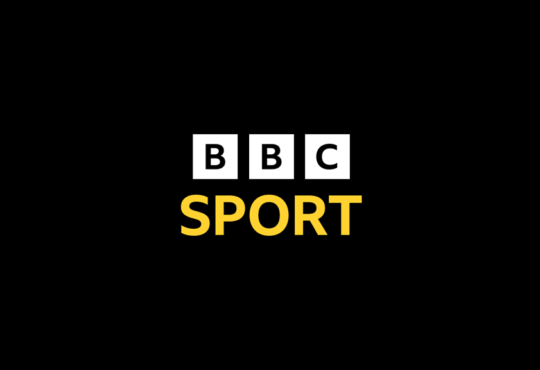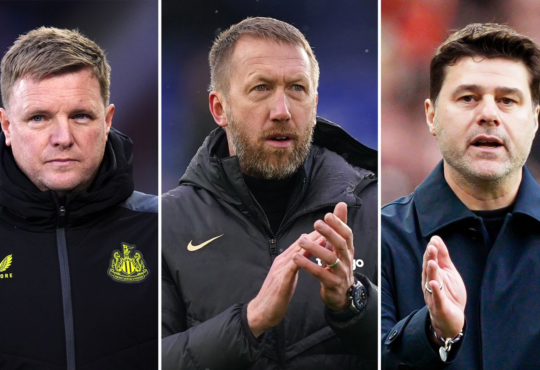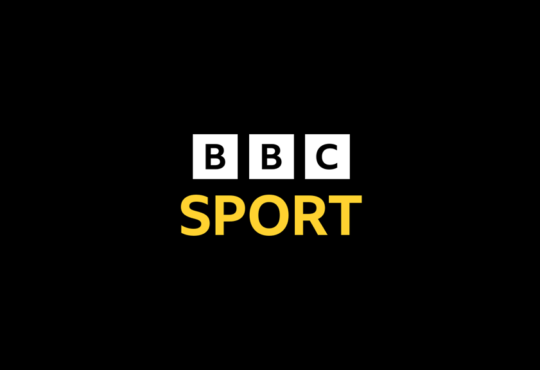Sunday’s Africa Cup of Nations final between Nigeria and Ivory Coast at the Alassane Ouattara Stadium is a rematch of their Group A encounter.
Much has changed since the Super Eagles defeated the Elephants earlier in the tournament, with the hosts surmounting obstacles when hope seemed to be lost, and they now appear to have momentum heading into the decider in Abidjan.
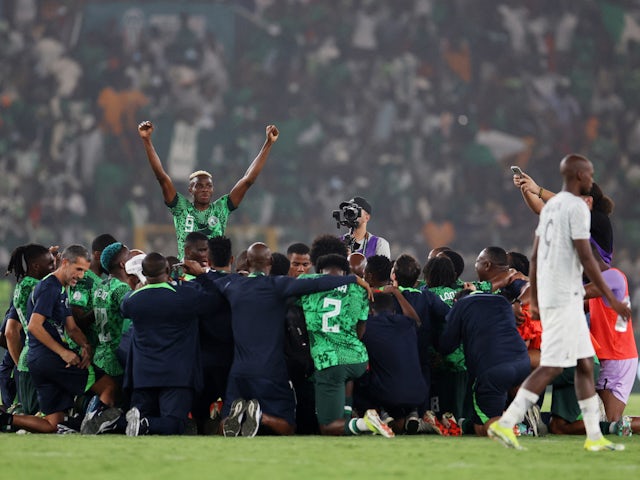 © Reuters
© Reuters
While fans of Ivory Coast felt making the decider was attainable before AFCON 2023 kicked off, it was different for the Super Eagles, who went from outsiders for the trophy to being the highest-ranked nation left in the competition after group-stage exits to Algeria and Tunisia and early elimination in the knockouts to Egypt, Morocco and defending champions Senegal.
Despite the three-time champions’ outstanding talent, reservations about Jose Peseiro‘s team fuelled doubts about this side, whose performances and results leading to the finals left much to be desired.
However, the West African side have shown a different version of themselves at the tournament proper, creating chances in their opener against Equatorial Guinea without winning, altering their approach to defeat Ivory Coast and demonstrating defensive astuteness through their journey in the knockout rounds to bring them within touching distance of a fourth crown.
While much has been made of Stanley Nwabali‘s impact between the sticks after his penalty-saving exploits against South Africa, the Chippa United goalkeeper’s assuredness has spread calm throughout a previously shaky backline.
The Super Eagles’ four-game run without conceding was halted in the semi-final, albeit by Teboho Mokoena‘s 90th-minute penalty, making Nwabali’s only open-play concession Iban Salvador‘s strike in the shot-stopper’s tournament debut.
More fascinating for Peseiro’s men is how they have made it this far despite Victor Osimhen not scoring since the 1-1 draw with Nzalang Nacional, even if the Napoli striker’s telling contributions are underscored by his tenacity without the ball, creating chances for teammates and causing panic for the opposition.
The current African Footballer of the Year has had several goals disallowed, typically due to his penchant for being caught offside, although he set up Ademola Lookman‘s first against Cameroon in the round of 16 and has won decisive spot kicks against Sunday’s opponents and in Wednesday’s semi-final.
With or without scoring, Osimhen’s capacity to influence games could aid the Super Eagles’ bid for a fourth African title. 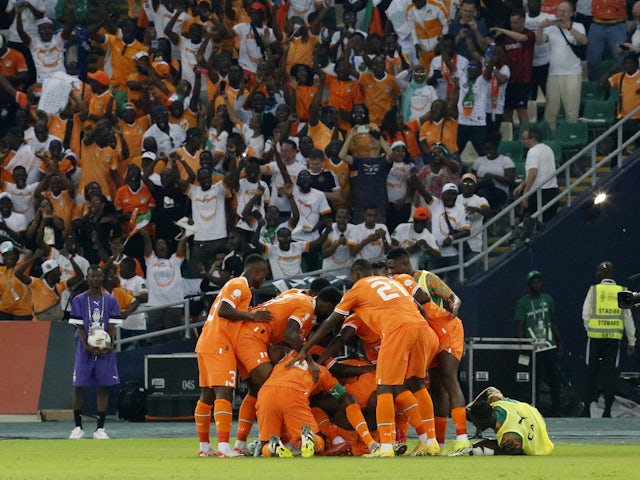 © Reuters
© Reuters
After having first-hand experience of the Napoli striker, Ivory Coast should feel better prepared to take on the Nigeria superstar, with Peseiro’s men taking the Elephants by surprise with a switch to a back three — that turned into a five-player backline — when they met on January 18.
The jettisoned Jean-Louis Gasset could not react to turn the game with alterations, and the home side resorted to shooting from unfavourable positions when they could not unpick the Nigerian rearguard.
What followed was a 4-0 humiliation against Equatorial Guinea that many thought signalled the end of the Elephants at AFCON 2023, but the home side have raised their level significantly and have been buoyed by the intense support.
Emerse Fae was placed in temporary charge of the side before the Ivorians knew their qualification fate, and the ex-Ivory Coast international has taken the team past the threat of a dreaded Senegal team chasing back-to-back titles and defeating Mali in the quarter-finals despite playing the entire second half and an additional 30 minutes in extra time with 10 men.
An impressive aspect of this team has been the capacity to respond to setbacks in the knockout stage, having fallen behind in the round of 16 and quarter-final games against the Lions of Teranga and the Eagles, with the latter arguably trumping the former because they were short-handed.
After showing the mental fortitude to persevere, the hosts then halted their run of conceding first in the 1-0 victory over Congo DR — they let in opening goals against Nigeria, Equatorial Guinea, Senegal and Mali — courtesy of Sebastien Haller‘s unconventional finish that deceived Lionel M’Pasi to put them one game away from a third continental title.
The Borussia Dortmund striker was making his first start of the finals, supported by Brighton & Hove Albion attacker Simon Adingra, who netted the late leveller against Mali in the semis, and the pair could be difference makers in Sunday’s decider.
Having lost the previous two meetings with Nigeria at AFCON 2013, eventually won by the Super Eagles, and earlier at the ongoing finals, the Elephants seek to end their two-game Cup of Nations losing run in this West African rivalry to become the 12th hosts and first since Egypt in 2006 to claim the title on home soil.
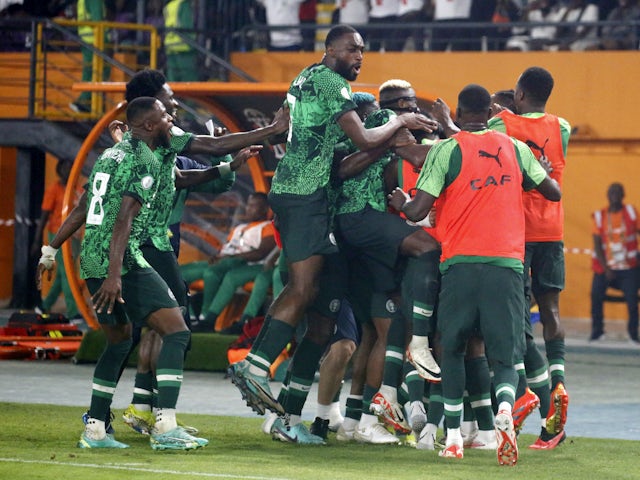 © Reuters
© Reuters
Relative to the hosts, the mileage of several Nigerians means they are at a physical disadvantage, underscored by Semi Ajayi, Ola Aina, Osimhen and Frank Onyeka playing over 500 minutes, while the quintet comprising Calvin Bassey, William Troost-Ekong, Lookman, Alex Iwobi and Moses Simon have accumulated over 400 minutes.
Despite feeding off scraps against Bafana Bafana, Osimhen — who found ways to be decisive after overcoming abdominal discomfort to play in the semi-final — should be supported by Lookman and Simon up top.
Peseiro finally handed Terem Moffi and Kelechi Iheanacho long-awaited game time in the semis, and the pair were composed to dispatch their spot kicks in the shootout, with the Leicester City man converting the decisive penalty.
It remains to be seen if the previously erratic Zaidu Sanusi features at wing-back after his non-appearance in the semis, signifying that Bright Osayi-Samuel could be retained on the right with Aina filling in on the other flank.
Fae’s troops may have played extra time on two occasions before the final, but they are undoubtedly the fresher side, evidenced by only Evan Ndicka (600 minutes), Ghislain Konan (564), Seko Fofana (530) and Franck Kessie (527) accumulating worrisome mileage.
The next pair of Ibrahim Sangare (371) and Wilfried Singo (327) have played significantly fewer minutes than their opponents, with the Nottingham Forest midfielder not starting since the round of 16 and Singo not guaranteed a starting spot at right-back.
Speaking of right-backs, Fae’s pick on Sunday is uncertain owing to Serge Aurier‘s return from suspension after missing Wednesday’s semi-final win for accumulating yellow cards.
Oumar Diakite — match-winner against Mali — also returns from suspension, but the returnee could make do with a spot on the bench, with Haller and Adingra likely to play from the off and Nicolas Pepe expected to compete with Max Gradel for a spot in the XI.
Nigeria possible starting lineup:
Nwabali; Ajayi, Troost-Ekong, Bassey; Osayi-Samuel, Onyeka, Iwobi, Aina; Simon, Lookman; Osimhen
Ivory Coast possible starting lineup:
Fofana; Aurier, Boly, Ndicka, Konan; Kessie, Seri, Fofana; Pepe, Haller, Adingra

Not only do the hosts have momentum heading into Sunday’s final, Ivory Coast also have the physical edge on the Super Eagles, pointing to a marginal win for the Elephants, who have much more in the tank for the decider.
Data Analysis
Our analysis of all available data, including recent performances and player stats, suggests the most likely outcome of this match is a Nigeria win with a probability of 49.51%. A draw has a probability of 27.9% and a win for Ivory Coast has a probability of 22.59%.
The most likely scoreline for a Nigeria win is 1-0 with a probability of 15.37%. The next most likely scorelines for that outcome are 2-0 (10.45%) and 2-1 (8.57%). The likeliest drawn scoreline is 1-1 (12.6%), while for a Ivory Coast win it is 0-1 (9.27%).
Our analysis of all available data, including recent performances and player stats, suggests the most likely outcome of this match is a Nigeria win with a probability of 49.51%. A draw has a probability of 27.9% and a win for Ivory Coast has a probability of 22.59%.
The most likely scoreline for a Nigeria win is 1-0 with a probability of 15.37%. The next most likely scorelines for that outcome are 2-0 (10.45%) and 2-1 (8.57%). The likeliest drawn scoreline is 1-1 (12.6%), while for a Ivory Coast win it is 0-1 (9.27%).


